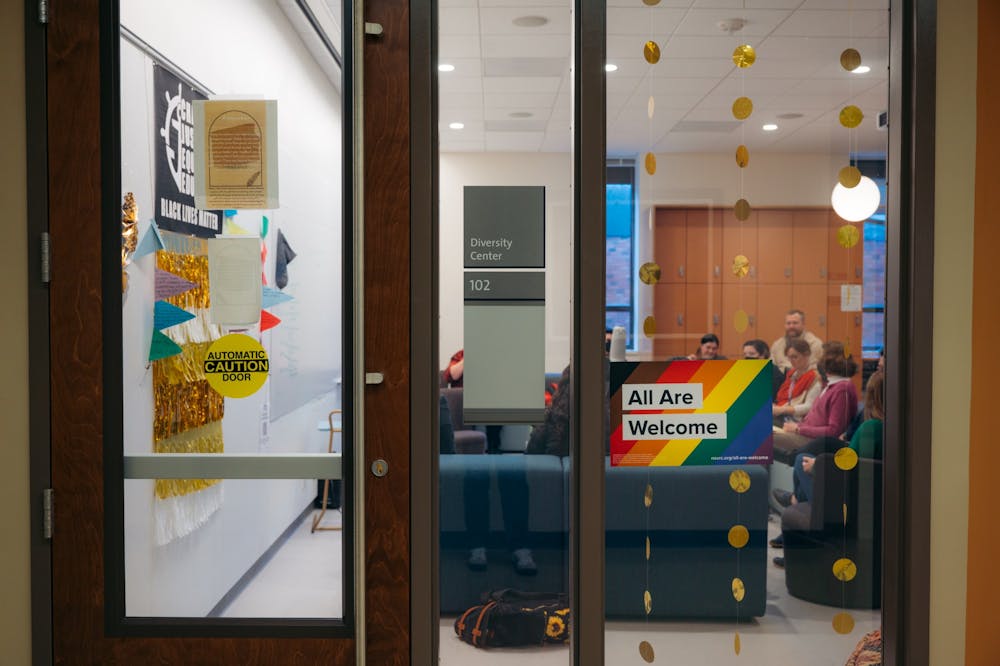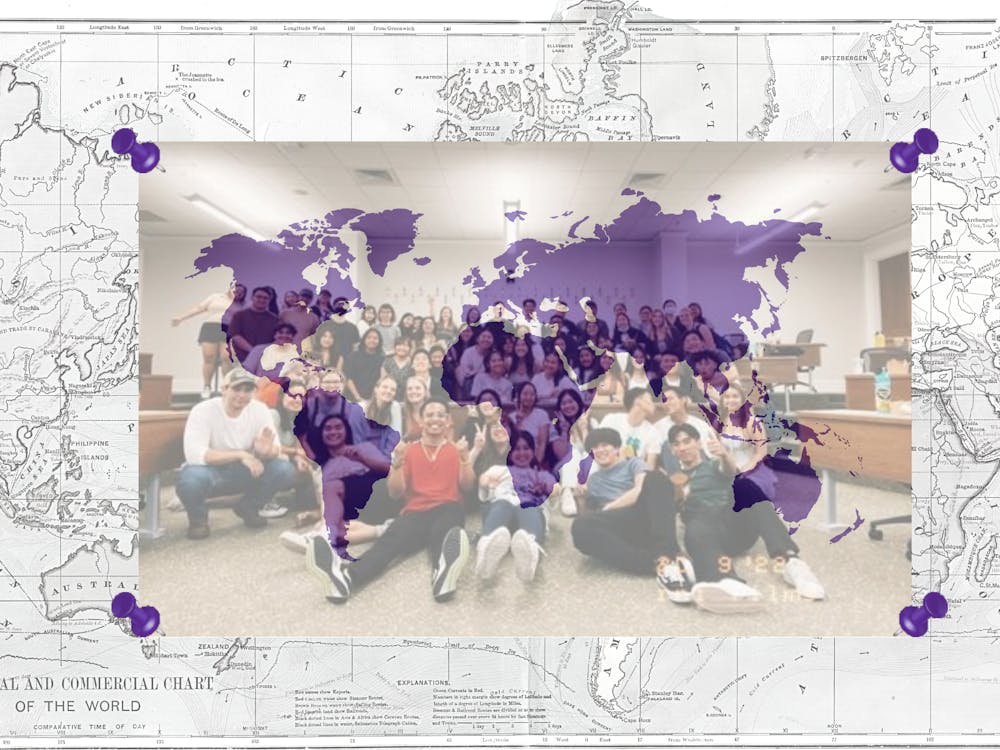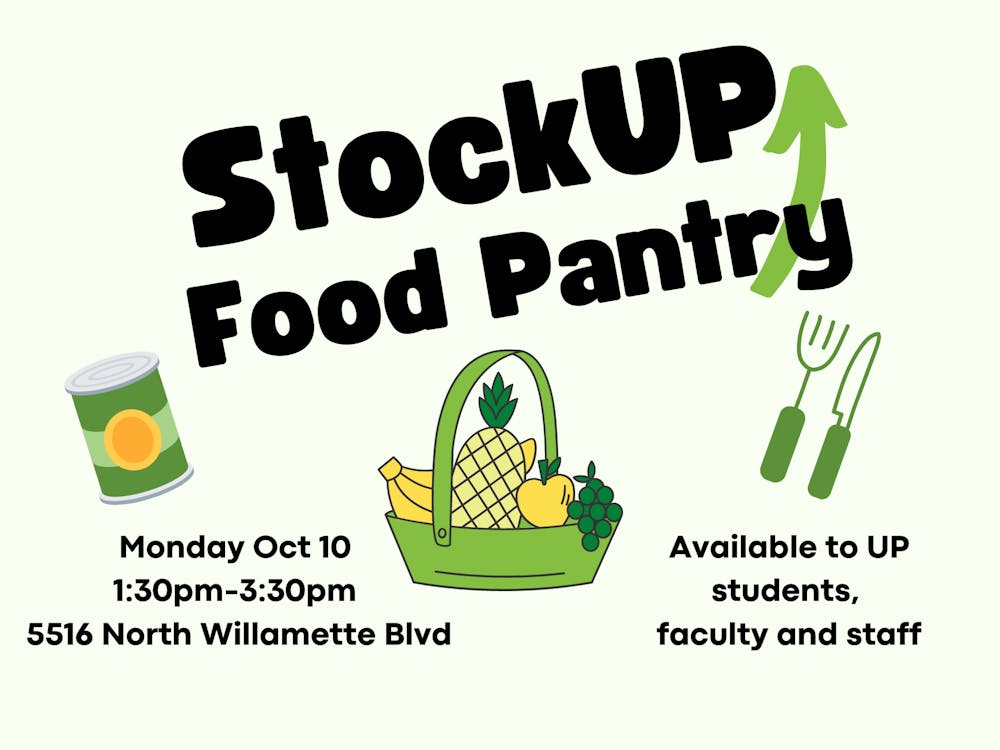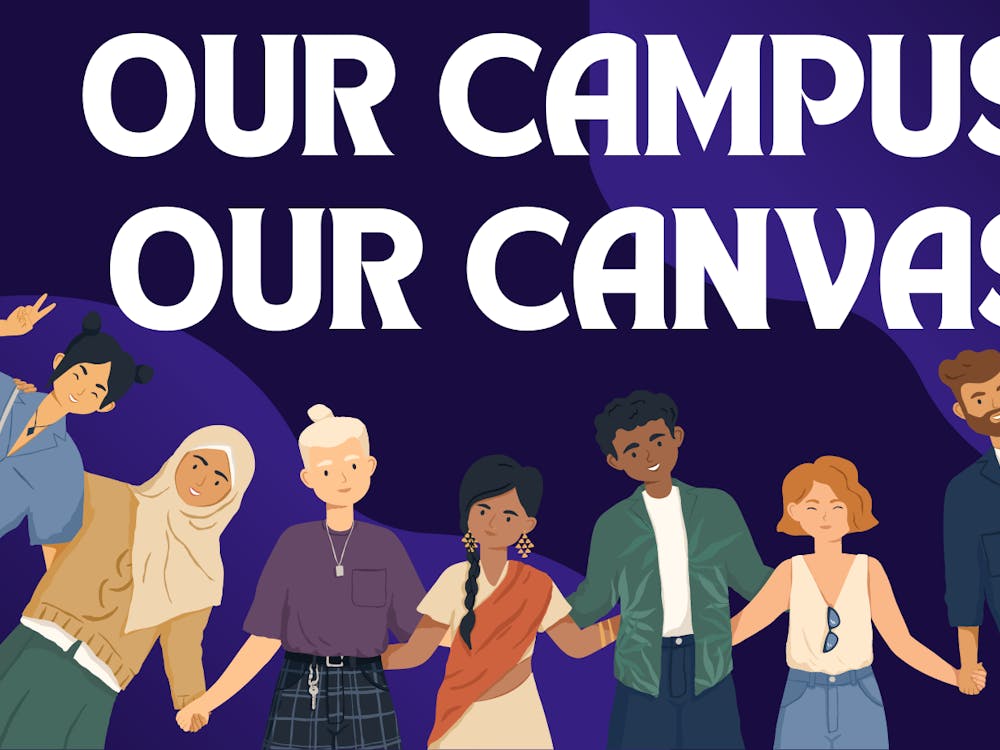When Ashleen Akkal sat down to discuss Islam in her theology class, she was not expecting the intricacies of the Islamic faith to be overshadowed by stereotypes and prejudiced attitudes. While Akkal is Sikh herself, the class discussion and portrayal of Islam echoed her past experiences of being profiled as a terrorist due to her South Asian background.
“My friend and I were very uncomfortable,” Akkal said. “We felt like we were shut down a lot.”
For many South Asians in the US, encounters with Islamophobia and ethnic profiling are all too common.
Angered by the negative portrayal of Islam, Akkal’s encounter inspired UP’s South Asian Student Union (SASU) to hold a Diversity Dialogue. Diversity Dialogues, hosted by Diversity and Inclusion Programs (DIP), are an annual series of roundtable discussions, presentations and festivities focused on platforming issues important to UP’s diverse community.

SASU’s event was just one of many Diversity Dialogues. The event, “Growing Up South Asian in a Post-9/11 World,” discussed the hardships, stereotyping and Islamophobia that South Asians have faced in the US following 9/11.
For the first time in nearly two years, Diversity Dialogues will finally take place in-person. Following the COVID-19 pandemic, DIP hopes to once again provide a platform for the UP community to discuss issues relating to diversity, equity, inclusion, justice and accessibility (DEIJA).
“There’s a long tradition of Diversity Dialogues on campus,” Eddie Contreras, assistant provost for International Education, Diversity and Inclusion, said. “The hope was to start this tradition again, to invite the community to present on topics that intersect with identity and what they care about.”
While Diversity Dialogues took place on many parts of campus, most events were held in the new Diversity Center. Carolina Cortes, administrative assistant for International Education, Diversity and Inclusion, hopes that the UP community can utilize the space to its fullest potential as an educational and healing space.
“We’re really excited we can host these really important conversations in a space that’s going to be a sacred space for our students and our community at large,” Cortes said.
Participants could expect different formats and topics, ranging from ethnicity, gender and disability, to be covered at Diversity Dialogues.
On Jan. 26, Womxn of Color held a Q&A panel that featured professors and Residence Life employees discussing their experiences in higher education. Vanessa Gonzalez, co-president of Womxn of Color, hoped that the panel would empower UP’s women of color to take up space in fields where they are often ignored.

“In a lot of areas of study or work, men and their opinions are valued a lot higher and respected more than womens,’” Gonzalez said. “On top of that, being a person of color brings even more challenges. It takes a lot more effort and strength to break those barriers.”
While most Diversity Dialogues have covered difficult subjects, some events focused on joyful cultural celebrations. One such celebration was the New Year Festival, which was a collaborative event held by Japanese Student Association, Vietnamese Student Association, Korean Student Association, Chinese Student Association and International Club.
“We’re excited to celebrate and center joy,” Cortes said. “Joy is an integral part of diversity and inclusion. Why should historically marginalized populations only talk about serious and depressing topics? It’s okay to be happy!”
Diversity Dialogue events, while centering on the experiences of marginalized communities, are ultimately spaces for people of all backgrounds to come together and learn about complex situations and topics in a safe and educational space.
“Anyone and everyone is welcome,” Gonzalez said. “If anything, we encourage allies to come and participate, or just listen. It’s very easy to avoid conversations acknowledging the struggles people have.”
While Diversity Dialogues will end on Feb. 2, DIP is still open to collaborating, sponsoring or endorsing more DEIJA-related events. Students, faculty and on-campus organizations interested in hosting such events are encouraged to contact dip@up.edu for more information.
Carlos Moreno-Vega is a reporter for The Beacon. He can be reached at morenove23@up.edu








